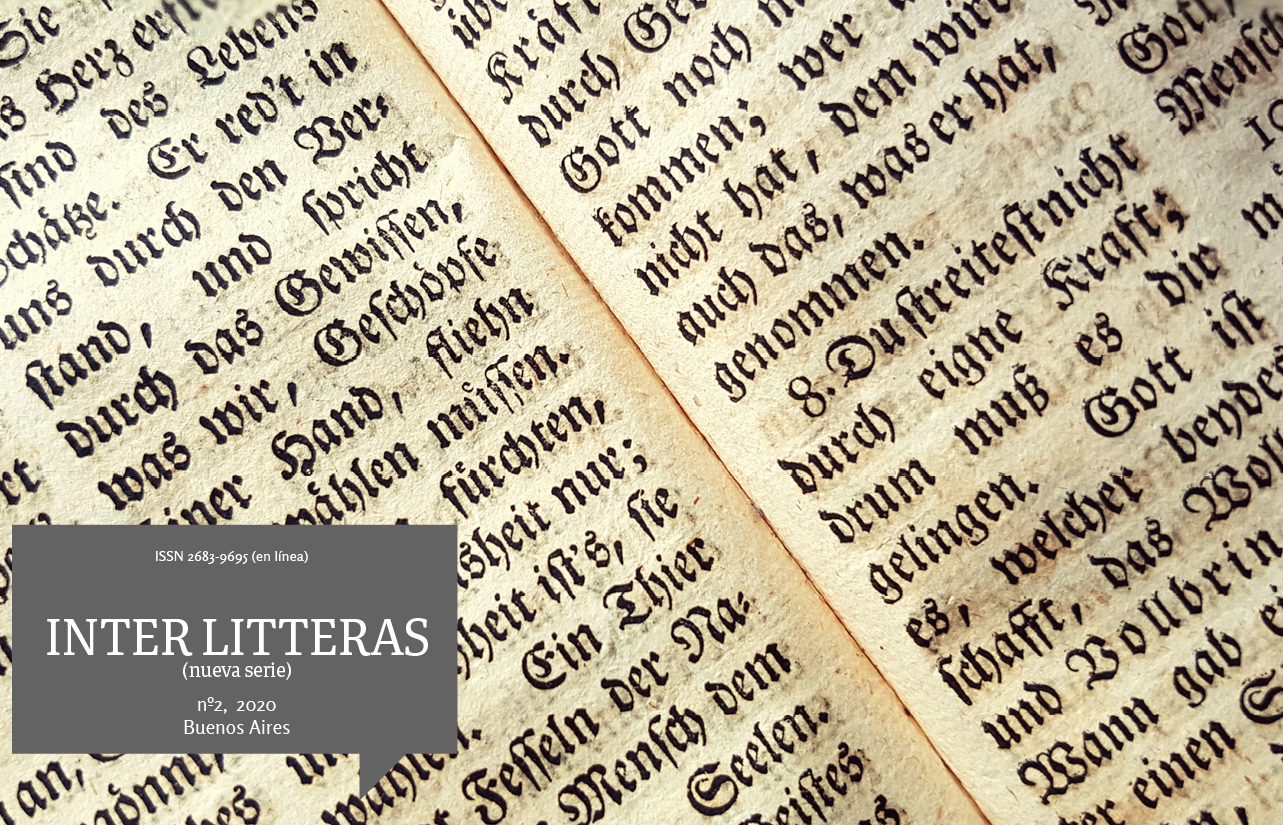Wilhelm Meister’s Apprenticeship Years: Time, Narration and Bildung
Keywords:
Bildungsroman, philosophy of time, narratology, Aufklärung
Abstract
It is an error to not consider the relation that the Bildungsroman has with time, as it presents, in its narrative-temporal structures, a distinctive representation of time, specific to this novelistic subgenre. Temporal ellipsis and forgetfulness; the act of emphasizing, of making visible an ideal type of present-time; and the figure of youth as a temporary individual, subject to a certain life period; are variables that express the specificity and self-awareness of the temporal representation of the Bildungsroman, as seen on J. W. Goethe’s Wilhelm Meisters’s Apprenticeship, a novel that connects, in a paradigmatic manner, the temporal and the formative dimensions. In addition, temporality allows us to reflect on the historical variation of this subgenre, in a line that reaches its climax in the 20th century with Thomas Mann and his The Magic Mountain.Downloads
Download data is not yet available.
Published
2020-11-30
How to Cite
Prado, D. S. (2020). Wilhelm Meister’s Apprenticeship Years: Time, Narration and Bildung. Inter Litteras, (2), 43-61. https://doi.org/10.34096/interlitteras.n2.9728
Issue
Section
Dossier










